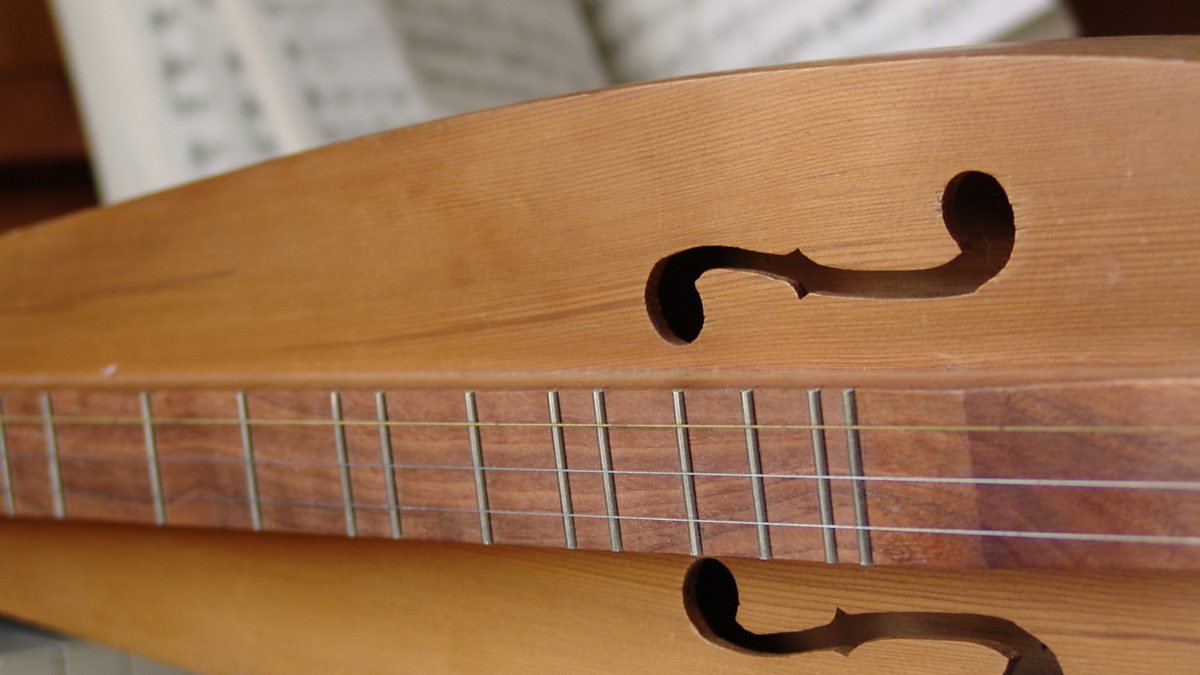I apologise for posting this programme on the Choir as well as Early Music Now. However it may be of special interest to choral music enthusiasts. The tiny bit of info on the website was utterly misleading. The Machaut Mass wasn't mentioned at all, and as for 'traditional English music'....er??
Anyone who has sung the Machaut will have been fascinated by it. And here it has a (conjectural) accompaniment by some instruments from Scandinavia whose origins are thought to be contemporary with Machaut.
All sung in the spacious acoustic of the Abbey Church of St Nicholas in Tallinn. And Part is one of the so-called minimalists I can believe in!

Comment